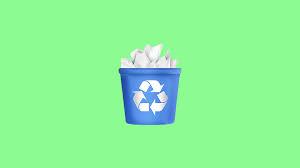How to do a Digital Declutter
- Set aside a 30-day period during which you will take a break from optional technologies in your life. Work email is not optional. Twitter probably is.
- During this break, explore and rediscover activities and behaviors you find satisfying and meaningful.
- And after the 30 days are up, reintroduce the optional technologies you want back into your life.
- Determine the value it brings you and how specifically you can use it to maximize that value.
- Bing optional technologies back by first creating rules on how exactly you’ll use them and when.
1.37K
4.1K reads
The idea is part of this collection:
Learn more about personaldevelopment with this collection
Cultivating self-awareness and self-reflection
Prioritizing and setting boundaries for self-care
Practicing mindfulness and presence
Related collections
Similar ideas to How to do a Digital Declutter
How to declutter your digital life
- Put aside a 30-day period during which you will take a break from optional technologies in your life.
- During this 30-day break, explore and rediscover activities and behaviours that you find satisfying and meaningful.
- At the end of the break, reintroduce optional technologi...
Read & Learn
20x Faster
without
deepstash
with
deepstash
with
deepstash
Personalized microlearning
—
100+ Learning Journeys
—
Access to 200,000+ ideas
—
Access to the mobile app
—
Unlimited idea saving
—
—
Unlimited history
—
—
Unlimited listening to ideas
—
—
Downloading & offline access
—
—
Supercharge your mind with one idea per day
Enter your email and spend 1 minute every day to learn something new.
I agree to receive email updates
